Chasing Payment for Completed Work? What You Should Know about How Queensland Law Protects the Rights of those Working in Building and Construction
Australia’s building and construction industry is facing a particularly difficult time at the moment, with a number of high-profile companies going into administration. A spike in the cost of building materials created by Covid-induced delays in supply combined with inflationary pressures in the economy has seen indebted companies go under, often leaving thousands of sub-contractors out of pocket for completed work.
One of the protections that exists for those who are owed money for building work is found in the Building Industry Fairness (Security of Payment) Act 2017 – more commonly known as the Security of Payment Act – a codified debt-recovery process applying to the construction industry in Queensland.
The Act protects the right of a service provider to receive payment as it falls due under a contract, including their entitlement to progress payments, whether or not a contract provides for them. The legislation also sets out the procedure for making and responding to payment claims, adjudication of disputed claims and recovery of payments.
In this article we’ll provide more detail on how the Security of Payment Act works and how a provider can make a claim.
The process of claiming payment under the Act
The Act includes detailed definitions of ‘work’ for the purposes of a contract, including skilled or unskilled labour done by a person in the construction, decoration, alteration or repair of a building; excavation; and the demolition, removal or relocation of a building. It also covers the supply of materials, the manufacture of project-specific components for a contract, and the supply of labour.
A payment claim by a tradesperson for construction work or for related goods and services takes the form of a written request which must:
- identify the construction work or related goods and services;
- state the amount claimed; and
- request the amount be paid.
The claim should also refer to a valid reference date under either the contract or the Act. For a progress payment during a project’s construction phase, a claim must be made within six months of the work being done or the period specified in the contract. The same period applies to a final payment at the end of construction for work done or the related goods and services being supplied, or a specified contractual period.
In the case of payment claims made by head contractors, a supporting statement must be included that declares all subcontractors have been paid or, where they have not all been paid, a declaration to this effect plus reasons for their non-payment.
When a payment schedule is required
Where a contractor or supplier is not paid in full by the due date in the payment claim, a payment schedule must be supplied to the claimant. This written document, as outlined in the Act:
- identifies the payment claim;
- states the amount the claimant will be paid; and
- provides reasons the amount may be less than the amount claimed.
This schedule must be provided within 15 days of receiving a payment claim or earlier if stated in the contract. Penalties, including a fine up to $13,345, may apply if the payment schedule is not supplied within the statutory timeframe.
The role of the Queensland Building and Construction Commission (QBCC)
The QBCC plays the role of adjudicator in disputes about payment claims and schedules, in theory providing a faster, more cost-effective alternative for the parties to avoid going to court. It will investigate disagreements about payment claims, including the lack of a supporting statement by a head contractor or a statement that is false or misleading.
Where a claimant has not been paid in full by the due date, or under the terms of the payment schedule, or disagrees with the amount proposed to be paid in the payment schedule, they may apply to the QBCC Registrar for adjudication. The deadlines to apply to the QBCC are:
- within 30 business days of the due date for payment;
- within 30 business days of the last day given to issue a payment schedule;
- within 20 business days of a failure to pay the full amount under a payment schedule;
- within 30 business days of receiving a payment schedule for an amount less than the claimed amount.
The adjudication process may involve the QBCC asking for written submissions from the parties before deciding whether the respondent is required to pay and, if so, how much they should pay (known as the adjudication amount). A copy of the adjudication certificate is given to both parties and can later be used in court as a judgment for a debt.
The amount decided on by the QBCC must be paid within five days, or another time decided by the adjudicator. Penalties apply for non-payment and the claimant may choose to pursue further action, including suspension of work; applying to a court for a judgment debt; making a payment withholding request to a higher party in the contract arrrangement, and; lodging a statutory claim over the property where the work was done, if owned by the respondent or a relative.
Section 109 of the Act also allows a subcontractor to make a claim for money owed under a contract by an entity above the level of contractor (known as a subcontractor’s charge). In this circumstance any money owed to the contractor can be held until the dispute is resolved and then apportioned to a sub-contractor if a court so decides. This type of claim must be lodged within three months of work being completed and is only possible if money is owing to the contractor by the higher entity, such as a developer.
Uncertain? Contact our legal professionals for further advice
At Frigo James Legal one of the specialities of our litigation team is business and construction disputes. We can advise on the operation of the Security of Payment Act if you are in the unfortunate situation of chasing payment for work done on a building project. Don’t be deterred – speak with our expert team to protect your business and be paid what you are entitled.





